Plasma Fibroblast Skin Tightening: Benefits And Side Effects
Wrinkles be gone! Learn how plasma rewrites your skin's age story, one spark at a time.
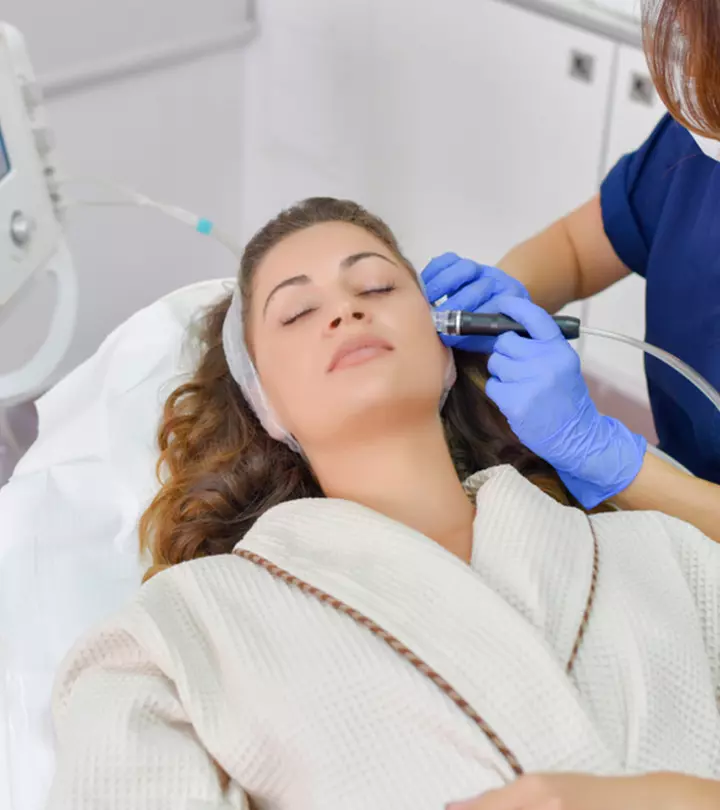
Image: Shutterstock
Are you considering fillers or Botox to get firm and youthful skin? Well, we have a better option for you – plasma fibroblast skin tightening. Fine lines, wrinkles, sagging skin, or dullness – you name it, and this non-invasive and non-surgical treatment can take care of it.
Plasma fibroblast skin tightening promotes collagen production and provides more long-lasting benefits than fillers and Botox. If you are curious to learn more about this relatively new treatment, how it works, and the ways it can improve your skin, keep reading!
In This Article
What Is Plasma Fibroblast Therapy?
Plasma fibroblast therapy is a non-invasive form of face lifting and tightening. It uses a pen-like device that passes small electric currents across the targeted area to create micro-wounds on the skin to promote collagen production.
The device, commonly known as a Plasma Pen, has a thin needle-like nozzle that discharges electric currents. The tip of it does not touch the skin but hovers over it. The current causes tiny ablations on the skin. The skin is tricked into thinking there is an injury, prompting it to induce collagen production for healing.
 Trivia
TriviaAlthough tons of other procedures (like radiofrequency skin tightening) promise these effects, plasma fibroblast does differ in its method. We explore this below.
Key Takeaways
- In plasma fibroblast therapy, a pen-like device is used to create micro-wounds on the skin to boost collagen production.
- This therapy may help fade scars, get firmer skin, and reduce the signs of aging.
- Though this treatment is safe, you may experience a few side effects like redness, swelling, and skin peeling that go away in a few days.
Plasma Fibroblast Skin Tightening Vs. Radiofrequency Skin Tightening
Radio frequency tightening uses radiofrequency waves to heat the skin tissues and causes the body to respond by building more collagen. It works at deep skin layers without creating micro-wounds, inducing a skin tightening effect (1).
 Did You Know?
Did You Know?Studies have found it to be effective for skin tightening and contouring. Radiofrequency can reduce the subcutaneous fat and help sculpt the body contours (1), (2). This skin-tightening technique has minimal downtime. Your skin might be red with some temporary swelling. However, radiofrequency carries the risk of pigmentation and scarring (3).
Plasma fibroblast skin tightening has a different working mechanism. It does not heat the tissues or melt the subcutaneous fat but creates micro-injuries to promote collagen production. However, like radiofrequency skin tightening, this treatment also carries the risk of pigmentation. Let’s take a look at the safety concerns of the treatment in the next section.
Side Effects And Safety Of Plasma Fibroblast Skin Tightening
This procedure is considered safe and effective when performed by a licensed dermatologist. However, when it comes to the safety of any cosmetic procedure, it is best to consult your doctor.
You may experience side effects like:
- Redness
- Swelling
- Mild pigmentation
- Skin peeling and crusting
These side effects usually go away in a few days. However, if they persist over a week, visit a dermatologist immediately.
The use of plasma pens for plasma fibroblast skin tightening therapy is not authorized in many countries, like Canada.
Health Canada (the department of Government of Canada responsible for the national health policy) does not approve the sales of plasma pen devices as they can cause controlled burns. These devices have not been evaluated for safety and quality and may cause other complications like scarring and infections (4).
Hence, be extremely cautious before opting for this treatment. Avoid at-home plasma pen devices. Instead, consult a dermatologist and always go for such sessions under the supervision of a doctor.
When done under expert guidance, plasma fibroblast therapy has multiple benefits. If this is your first time, it is easy to get intimidated by the treatment. So, try to remain calm and look forward to the fabulous skin you will benefit from when the treatment takes effect.
The Benefits Of Plasma Fibroblast Therapy
1. May Fade Scars
Plasma fibroblast therapy boosts collagen production, which may help fade the existing acne scars. Collagen is necessary for building skin and maintaining its structure.
2. Has Skin Tightening Effects
Collagen production decreases with age. Your skin may lose its tightness and become saggy. With fibroblast therapy, your skin gets a collagen boost that helps rebuild the areas, giving you a firmer and more structured look.
3. Minimizes Wrinkles And Fine Lines
Collagen production triggered by fibroblast therapy can fade the signs of aging, such as wrinkles, crow’s feet, and fine lines. It can give you a youthful appearance without any fillers.
In the next few sections, we have discussed everything you need to know about the plasma fibroblast therapy sessions, including pre and post-care tips and what you can expect during the procedure. Take a look.
Preparing For A Plasma Fibroblast Session
- Stay away from tanning beds, spray tanning, and sun exposure for at least 4-6 weeks before the treatment to avoid burns and sensitization.
- Avoid chemical peeling and exfoliation with active ingredients for 3-4 weeks before the treatment to avoid sensitivity.
- Do not go for procedures like Botox or fillers on the same area 3-4 weeks before the treatment.
- Up your nutrient intake to maintain overall health. This may help you heal better.
- Avoid using retinol and retinoids for a week before the treatment.
- If you have existing pigmentation issues, consult your doctor to know the consequences.
Next, let’s see what you can expect on the day of your treatment.
What To Expect From A Fibroblast Skin Tightening Treatment Session
- The dermatologist will assess your skin. If you have any open wounds, acne, or rashes, they may ask to visit once they are healed (if they are on the targeted area).
- If your skin does not have any cuts and injuries, the dermatologist will cleanse it thoroughly.
- You have to wash off makeup and eyelash extensions (if any) or anything that may interfere with the procedure.
- The doctor will apply a numbing cream to the skin. The effect usually stays for 30 to 40 minutes.
- The doctor will hover the plasma pen over the skin to create small ablations.
The complete procedure may take up to an hour or more, depending on the treatment area. When it is done, your doctor will move on to brief you about the aftercare instructions.
Post-Care Instructions
Post-care makes all the difference because this is when the skin heals. Follow these tips to ensure proper healing:
- Do not wash your face or neck immediately after the treatment. Wait for the given amount of time.
- You may feel a mild stinging sensation once the effects of the numbing cream fade away. Do not take any anti-inflammatory medications unless your dermatologist has suggested them.
- Avoid using cold packs for the swelling, as this may reduce the efficacy of the result.
- Only use the products that your dermatologist has prescribed.
- If the target area is around your eyes, you may experience watery eyes. This is common. Dab it away gently with a tissue and try to keep the area dry.
- Avoid steam when washing your hair or taking a shower.
- Avoid heavy physical exercise that may cause sweating. Keep the area sweat-free for the first three days after the procedure.
- Avoid using makeup on the area for at least a week.
- Religiously apply the recommended sunblock. Avoid excessive sun exposure to avoid pigmentation.
- Do not peel the scabs. Let them shed naturally. Picking them may cause scarring and blemishes.
Plasma fibroblast therapy is a wonderful procedure if you are looking for a non-invasive way to tighten your skin and minimize wrinkles. In addition, it is affordable. But is it suitable for you?
Is Plasma Fibroblast For You?
Your doctor may not recommend Plasma fibroblast treatment if you are:
- Prone to hyperpigmentation or have a much deeper skin tone.
- Taking certain medications or undergoing topical therapy for skin conditions like eczema and psoriasis.
- Pregnant or breastfeeding
- Have an infection, cut, or wound at the target area
- Prone to keloids or hypertrophic scarring
When Do You See The Results?
You may have to go for multiple (at least five) sessions to see any visible results. The time may differ according to your skin type and the frequency of the sessions. It may take at least four weeks to see any improvement.
Plasma fibroblast skin tightening is a non-invasive and non-surgical treatment that promotes collagen production, making your skin more youthful and firm. In this procedure, the skin is tricked into believing there is injury and induces collagen production for healing. It may help fade scars, provide your skin a more structured and firmer look, and fade the signs of aging like wrinkles, crow’s feet, and fine lines. You may have to attend multiple sessions for best results, and its frequency depends on your skin type. However, like all other anti-aging treatments the results may differ from person to person. So, consult a dermatologist and learn about the procedure before you decide to get it done.
Frequently Asked Questions
How long does it take to heal from plasma fibroblast skin tightening?
It can take up to a week to heal from a plasma fibroblast skin tightening treatment. However, it may take a bit longer for some individuals.
Is plasma fibroblast skin tightening worth it?
It eventually comes down to your preference and judgment since it is a new technique and there is not enough evidence to prove its effectiveness. It is important to note that it is a non-invasive cosmetic procedure. People who have undergone the procedure claim that the effects last for up to three years.
Is plasma fibroblast skin tightening painful?
No. This procedure is typically not associated with any pain. However, some patients may experience some discomfort. That is why the professionals usually apply a bit of topical numbing cream to the treatment area before proceeding with the treatment.
Is plasma fibroblast skin tightening FDA-approved?
Yes. The plasma pen is an FDA-approved device that is used for the fibroblast skin tightening treatment.
How can I speed up healing after a plasma pen?
Many experts advise using small amounts of silver gel thrice a day on inflamed areas along with stem cell serum. However, it is best to check with your doctor or professional about the aftercare routine.
Can I use retinol after plasma fibroblast skin tightening?
Refrain from using retinol or retinol-based products for up to 4 weeks after this treatment.
In this video, explore how plasma fibroblast therapy stimulates collagen production, reduces wrinkles, and tightens loose skin. Learn about its benefits, procedure details, and who should avoid it. Hit the play button now!
References
Articles on StyleCraze are backed by verified information from peer-reviewed and academic research papers, reputed organizations, research institutions, and medical associations to ensure accuracy and relevance. Read our editorial policy to learn more.
- Review of the Mechanisms and Effects of Noninvasive Body Contouring Devices on Cellulite and Subcutaneous Fat
https://www.ncbi.nlm.nih.gov/pmc/articles/PMC5236497/ - Body Contouring and Skin Tightening Using a Unique Novel Multisource Radiofrequency Energy Delivery Method
https://www.ncbi.nlm.nih.gov/pmc/articles/PMC5404777/ - Adverse Events after Noninvasive Radiofrequency Treatment for Cosmetic Uses
https://www.jkslms.or.kr/journal/view.html?doi=10.25289/ML.2015.4.1.16 - Plasma pens are not authorized in Canada and may pose health risks
https://recalls-rappels.canada.ca/en/alert-recall/plasma-pens-are-not-authorized-canada-and-may-pose-health-risks
Read full bio of Dr. Manasi Shirolikar
Read full bio of Ramona Sinha
Read full bio of Anjali Sayee
Read full bio of Swathi E







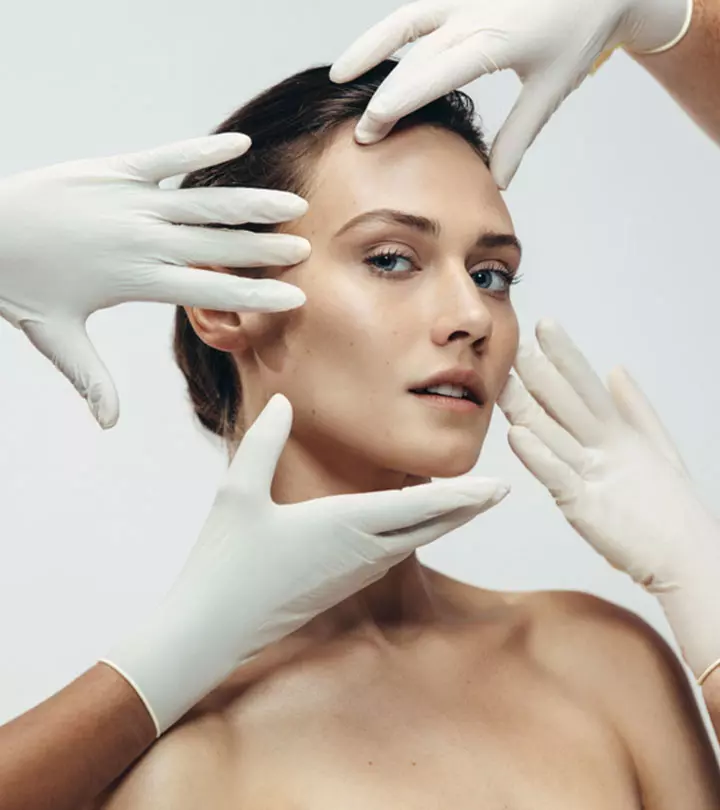
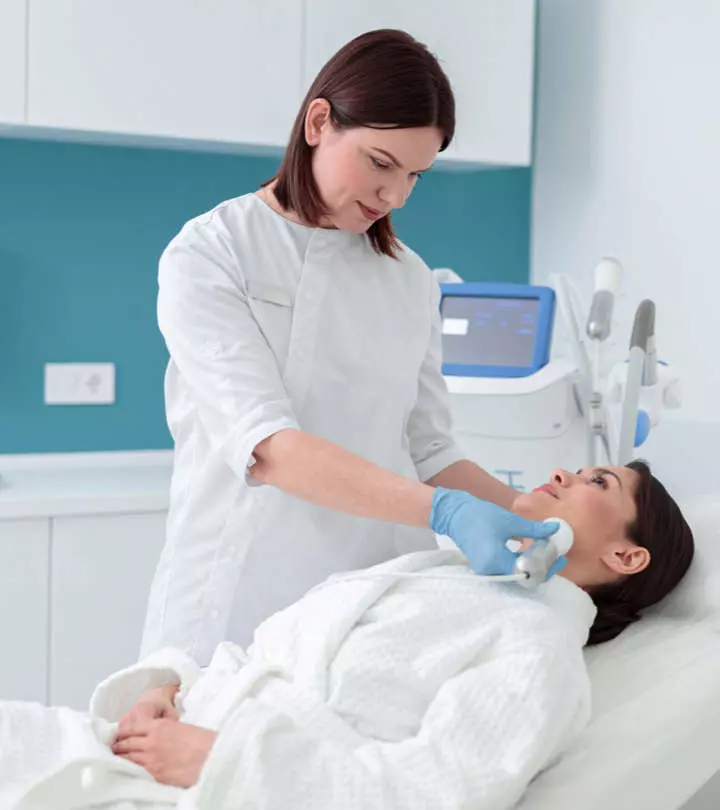
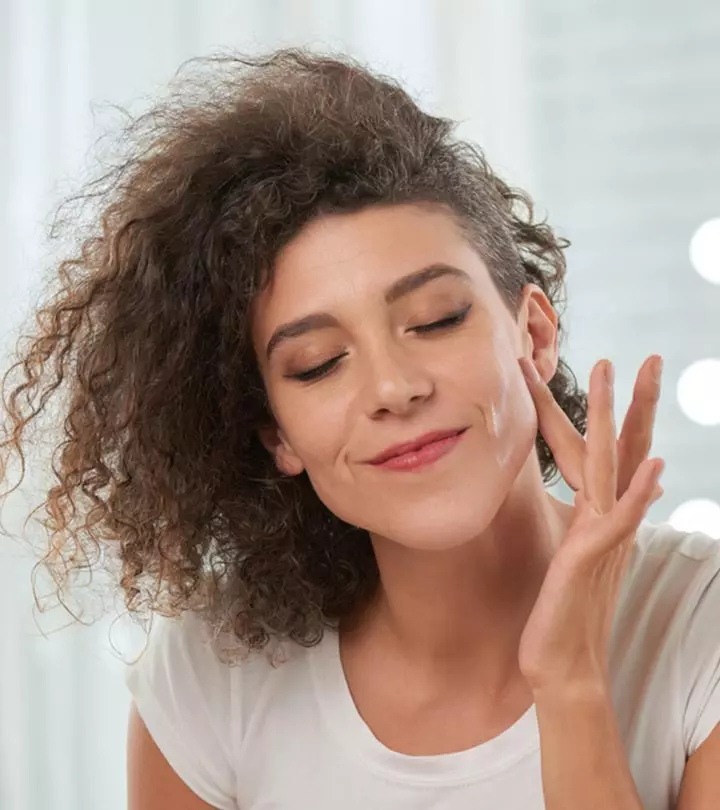
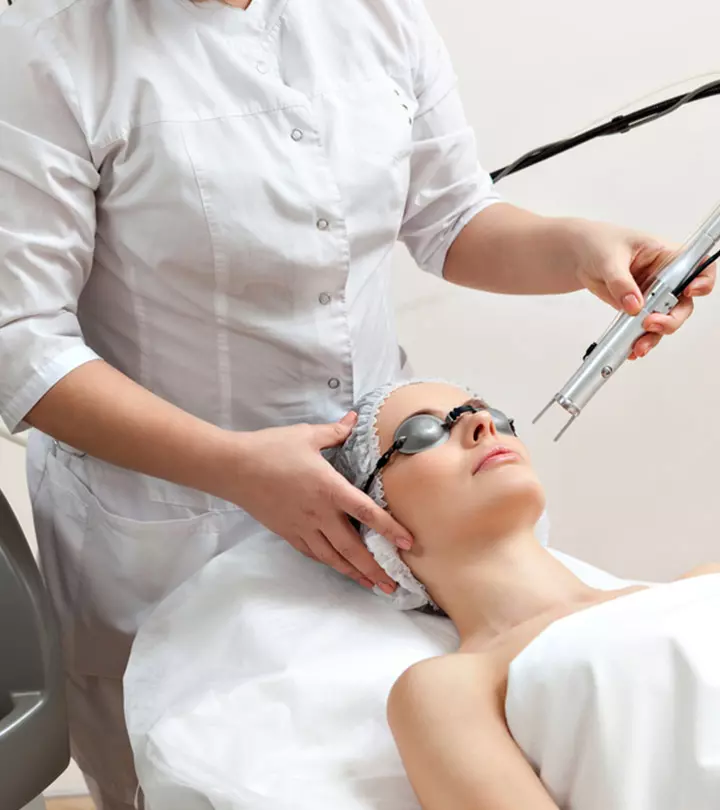
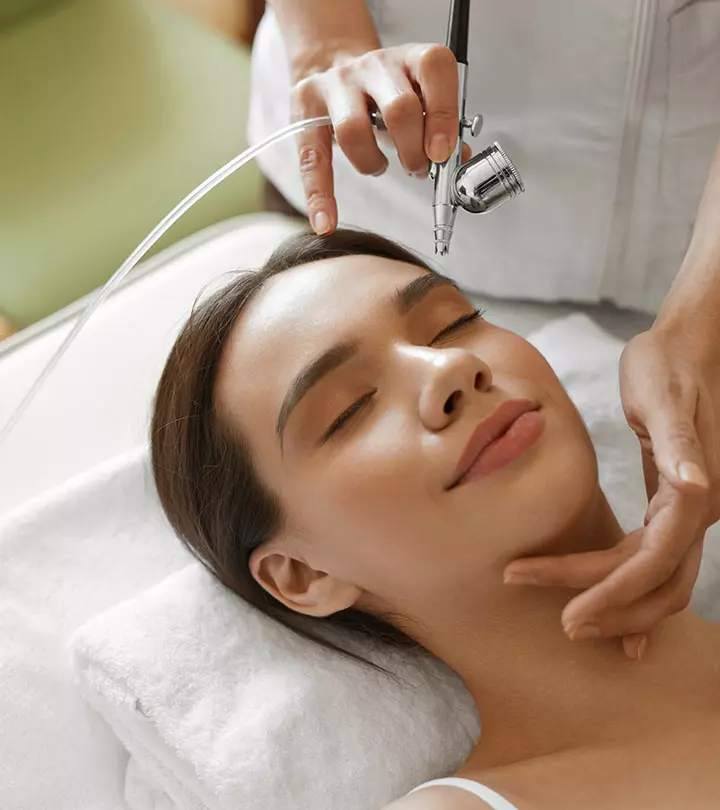
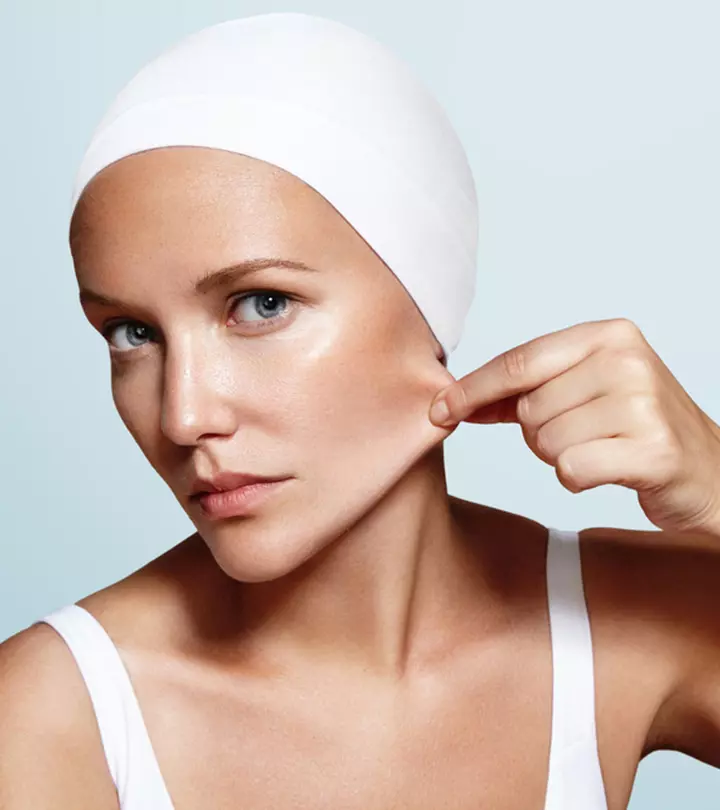


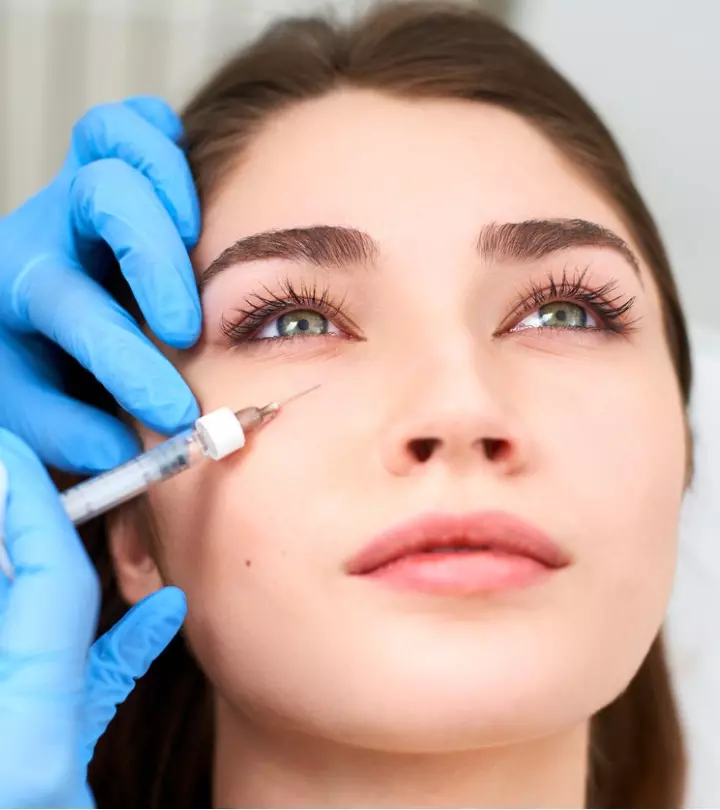

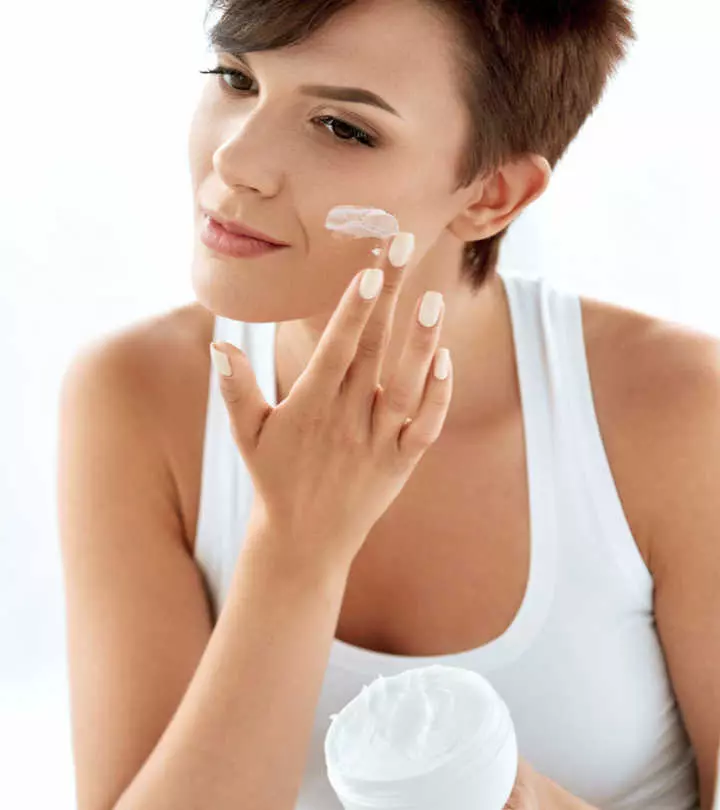
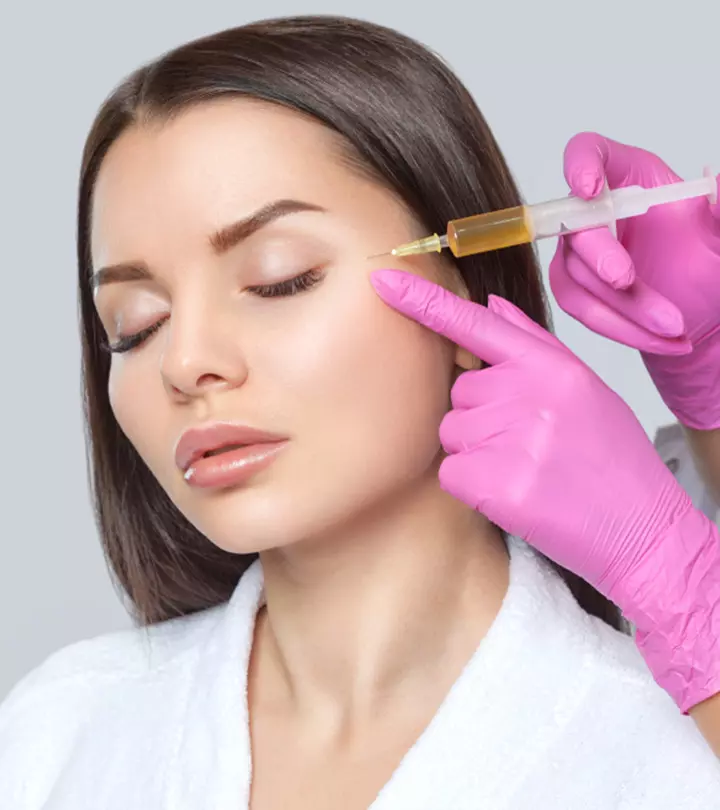



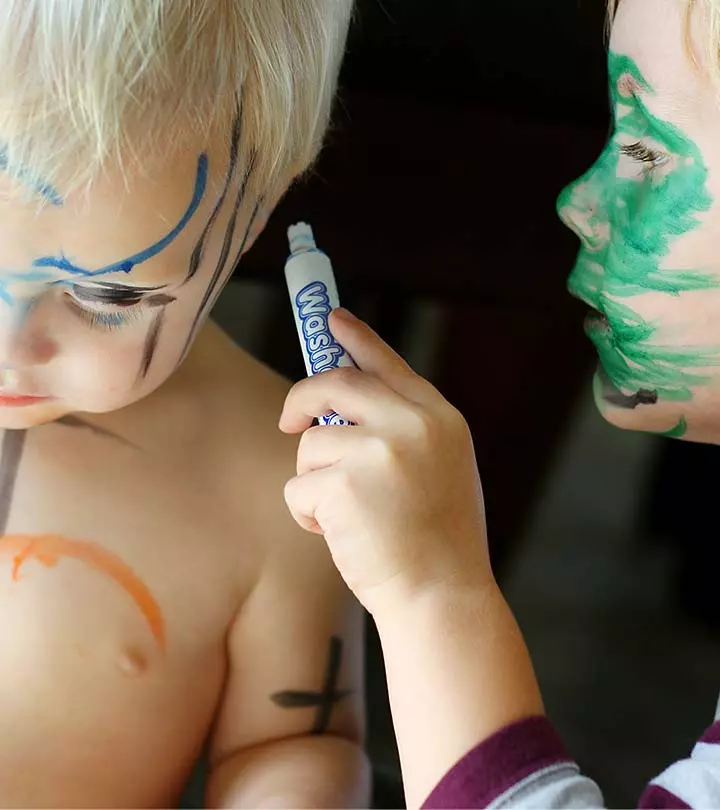
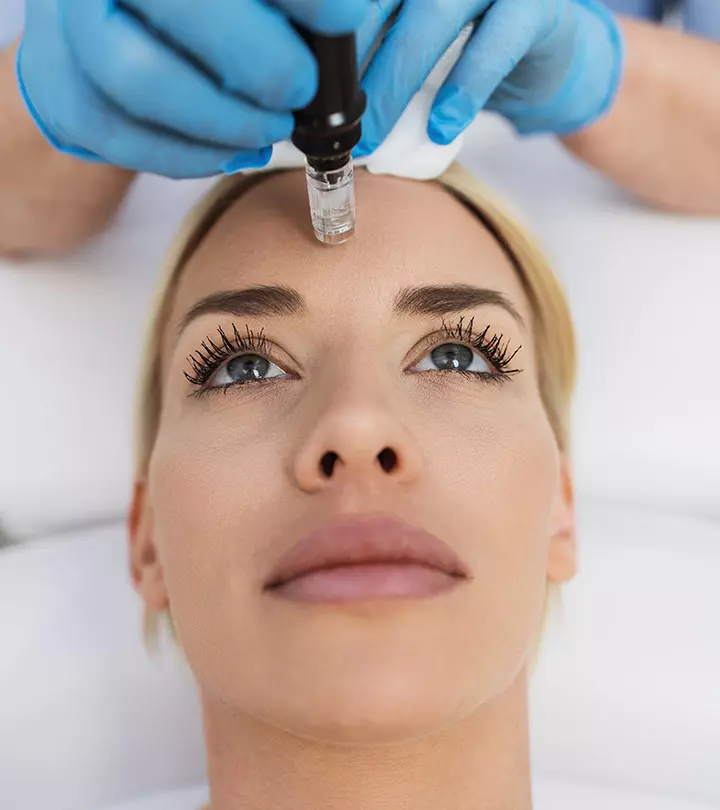
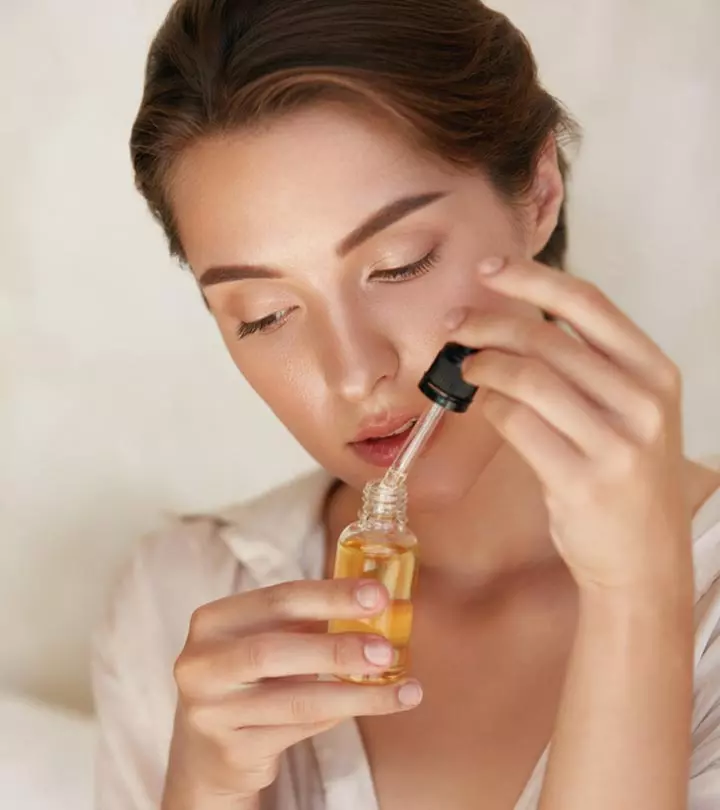
Community Experiences
Join the conversation and become a part of our empowering community! Share your stories, experiences, and insights to connect with other beauty, lifestyle, and health enthusiasts.